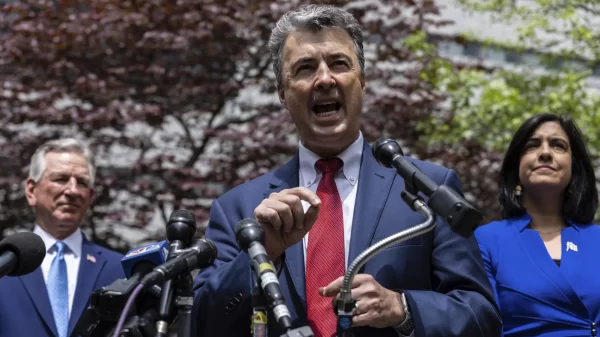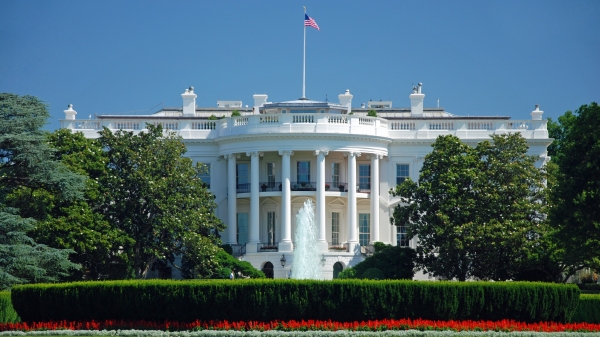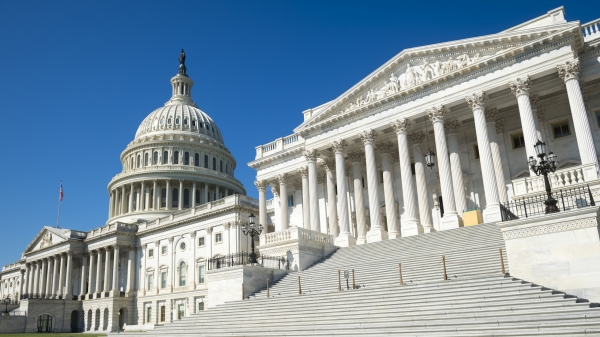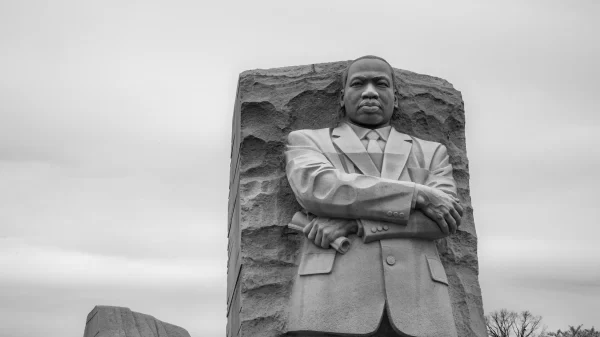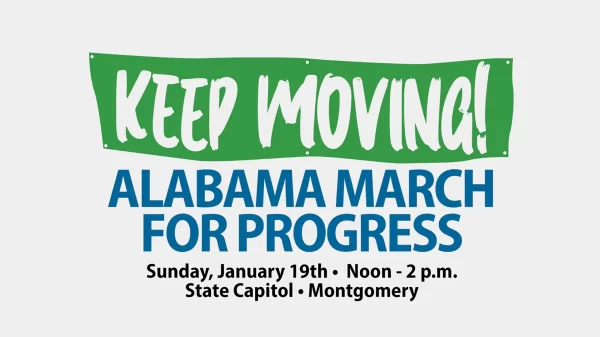The Eleventh Circuit Court of Appeals made a decision yesterday to allow plaintiffs to proceed in their endeavor to bring a lawsuit that challenges Alabama’s actions to nullify a City of Birmingham minimum wage ordinance that claims intentional racial discrimination. The Southern Poverty Law Center and the Partnership for Working Families weighed in on the decision in a statement.
“When Alabama’s majority-white Legislature passed a law that would reverse a majority-black municipality’s decision to increase its minimum wage, the intent was clear: to preserve the state’s long-standing racial wage gap in which African American low-wage workers earn up to 27 percent less than their white counterparts,” said Sam Brooke, SPLC deputy legal director. “The discriminatory intent cannot be denied.”
“That disparity is hard to ignore when you see the state going to great lengths to block cities like Birmingham from raising the minimum wage,” said Partnership for Working Families attorney, Miya Saika Chen.
The Court’s decision to allow the proceedings to take place ensures that Birmingham workers will be granted their day in court to prove that the ban on minimum wage increases in majority African-American communities is due to, “long, unconstitutional history of racial discrimination.”
According to the press release, racial discrimination in regard to wage gaps between people of color and White employees is due to a longstanding dynamic of predominantly White legislators passing laws that negatively affect the working conditions and pay of these communities of color.
“Now is the time for us to join together across racial differences and ensure that working people, whether white, Black or brown, can provide for their families and prosper. We need to stand up to wealthy special interests and an old guard that has always rigged the rules in its favor.”
Last year, the SPLC and the Partnership for Working Families filed an amicus brief that supported the lawsuit that outlined the continuing role that race played in Alabama’s decision to block the minimum wage ordinance with the passing of the bill, HB174.
The brief can be viewed at: https://www.splcenter.org/sites/default/files/filed_-_pwf-splc_amicus_brief.pdf
Two leading national, pro-democracy organizations also released statements on the court ruling.
“In an historic ruling today, the courts found that race may be a motivating factor behind the State of Alabama’s decision to stifle local democracy. The fact that the court could plausibly imply discrimination affirmed a pattern playing out in other states, where majority-white legislatures are abusing preemption laws to perpetuate racial and economic inequity. It’s time for states to stop interfering in local decisionmaking, and let cities like Birmingham do what they do best — act on their unique views, values and needs of their people,” said Kim Haddow, director of Local Solutions Support Center.
The Local Solutions Support Center is a national hub created to counter preemption that threatens local action on policies that promote health, well-being, and equity. LSSC was also established to create strategies to strengthen home rule.
“Preemption isn’t a sterile tool of government — it’s a scalpel that slashes wages for workers of color, and a blade that cuts away the right of local communities to be governed by laws that reflect their values and desires. When preemption is employed in the pursuit of racial discrimination, as the courts plausibly found today, it represents some of the worst abuses of power state government can inflict on its citizens. Thankfully, the working families harmed by this unconstitutional and discriminatory practice will have, once again, their day in court,” said Franco Ripple, spokesman for the Campaign to Defend Local Solutions.
The Campaign to Defend Local Solutions, as seen in The New York Times, the Washington Post, USA Today, NBC News and Slate, is a Florida-based national coalition of elected officials, organizations and individuals from 43 states, fighting against state preemption of local communities.
The minimum wage preemption law that was passed in 2016, is said to be part of an increasing trend of states inflicting control over local issues pertaining to the economy, discrimination and gun safety, among others. 40,000 workers would have had the advantage to see an increase of the minimum wage in Birmingham, which is 75 percent African-American.



